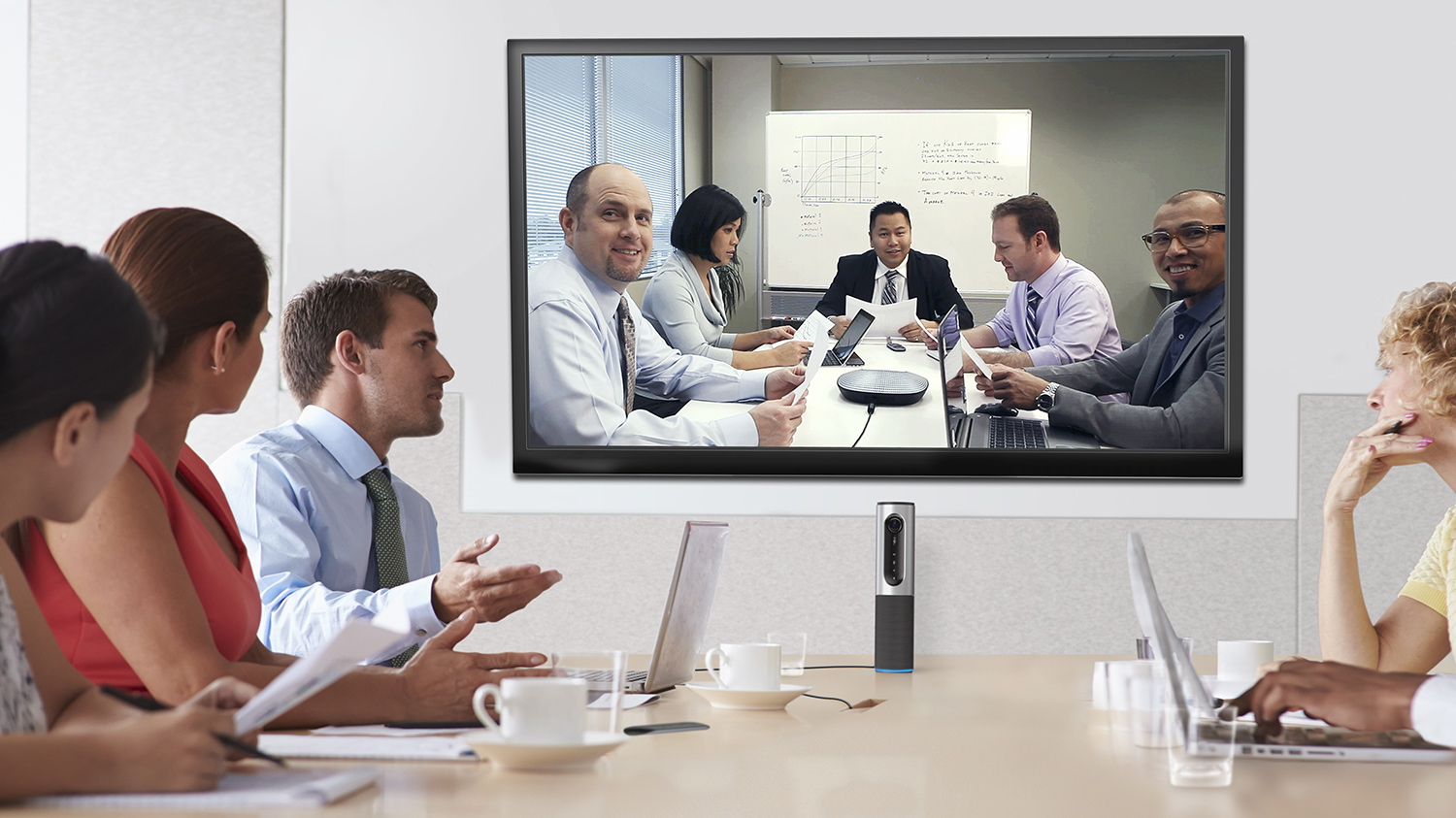How to future-proof your business
The proof isn't in the pudding – it's in the future…

What does future-proofing your business actually mean? Often, a focus on ensuring IT systems are up-to-date is the answer to that question, but in reality future-proofing means much more than this.
The technology currently in use across your business does need to be evaluated and in many cases upgraded to cope with new challenges that are around the corner.
In a Work Institute report, it was stated that future-proofing a business requires a number of approaches: "It's not the technology per se that's the problem, but whether it's fit for purpose. Six in ten respondents actively want more up-to-date technology to help them feel more engaged.
"The onus on business leaders is to make the right technology choices that make employee and managers' working lives easier – saving money and time that can be reinvested in better systems and continual innovation."
Before we look at how to future-proof your technology, it's important to place this into context.
Think about the markets your business operates within. How these are changing with new goods and services could have a huge impact on your business. The systems you have in place and how efficiently your business operates all have practical applications when it comes to the future-proofing of your business.
PwC proposed a number of key questions to ask yourself about the nature of your business, its market and future development:
Are you a pro? Subscribe to our newsletter
Sign up to the TechRadar Pro newsletter to get all the top news, opinion, features and guidance your business needs to succeed!
- Is the core product my customer buys changing (e.g. movies in video format to online streaming)?
- Are the core technologies of production changing (e.g. 3D printing)?
- Is the nature of my competition changing (e.g. new entrants stealing market share)?
- Is my relationship with the customer being disintermediated (e.g. search engines)?
- Is my industry undergoing regulation, deregulation, or re-regulation?
"As the world changes, so too do customer needs," PwC concluded. "The only way to remain relevant as industries become disrupted is to innovate and become part of the new economy. Firms need to engage all of their stakeholders – customers, partners and employees to stay at the forefront."
The core question here is how would your business cope with a major disruption in the products or services it sells? One way to minimise this impact is to think about what could happen, and mitigate these potential hazards.
New systems
Now we understand why future-proofing isn't just about having the latest computer systems, let's look at the main areas of technology that your business could upgrade for more efficiency, and to prepare it for any changes across its markets.
Simplify your systems
One of the best ways to future-proof your business is to make complex systems easier to manage. If you are using IT to complete a task where upgrading that system could halve the number of steps taken to complete the task, why are you delaying your upgrade? This is a great investment to make right now.
Buy for growth
If you roll your eyes every couple of years when you are paying for new IT systems, mobile devices or hosted services, the next time you need to buy look closely at how flexible they are. Build in more space for growth to make sure you gain the most service from the systems you are buying.
Embrace mobile devices
Your business may have already allowed a level of BYOD (Bring Your Own Device) into the workplace. Now that a few years have passed, it's obvious how useful and productive this can be. So, use mobile technologies to future-proof how your business runs its operations.
Says Andres Richter, CEO at Priority Software: "Investing in mobile devices and related technologies is no longer a question of should or should not. Employees are first and foremost, consumers, accustomed to doing everything directly from their mobile devices – from driving directions to ordering movie tickets, to chatting in groups across the hall or across the ocean. Employees today expect the same level of accessibility and usability in their business environment."

Update outmoded systems
Many businesses still use systems (Windows XP-based applications seem to have the most traction) that were perhaps created by staff members who are no longer with their companies. These legacy systems can be a fundamental part of their enterprises. Now is the time to remove these services and move to up-to-date systems that use off-the-shelf components that are updated regularly by the vendors.
Chris Martin, CTO at Powwownow says: "The old adage is 'If it ain't broke, don't fix it.' But with software ever evolving, security vulnerabilities being fixed, and software being wholesale superseded, businesses are at risk if they do not keep software up-to-date, patched, or drop using unsupported software."
The cloud marches on
Cloud services have become the single most influential change to how businesses develop new products and services for their customers. Hosted systems that give your business complete access from multiple devices from any location should be a central component of your future-proofing. The cloud is only going to offer even more services at lower cost in the future. Make sure your business is at the forefront to take advantage.

Says Taher Behbehani, chief digital and marketing officer, BroadSoft: "The results from our global business survey point to a rapid shift away from traditional premise systems across all market segments. Respondents predicted a six-fold increase in cloud unified communications penetration by 2020.
"From a future-proof standpoint, the key benefit of cloud is that it's always up-to-date. There's no need to purchase expensive software upgrades or go through laborious upgrade implementations. All of this is built into the subscription, and the changes are incremental, continuous and automatic. This hugely reduces complexity, as well as implementation and training expenses."
Take advantage of platforms
Standalone technologies are giving way to platforms. Think about Amazon, Google and Alibaba. They have platforms that your business can use as the foundation of new products and services. Future-proof your business to take advantage of these and future platforms that develop.

Don't forget your people
Having the latest tablets connected to the cloud is all well and good, but the future-proofing of your business' technology also means future-proofing your workforce.
Says Stephen Duignan, VP, Global Marketing at LogMeIn: "One key advancement which SMEs cannot fail to overlook when planning for the future is the 'Millennial shift.' In 10 years, Millennials will make up over 75% of the workforce. Last year we published some new research about Millennial work styles and mobile device habits, and what implications these will have on businesses.
"This is a highly mobile, highly connected, tech-savvy generation, with a collaborative work mind-set and a desire to lead. As they become the overwhelming majority in business and take more and more leadership positions, the changes will be major – especially as far as productivity apps, mobile devices, and IT systems are concerned."